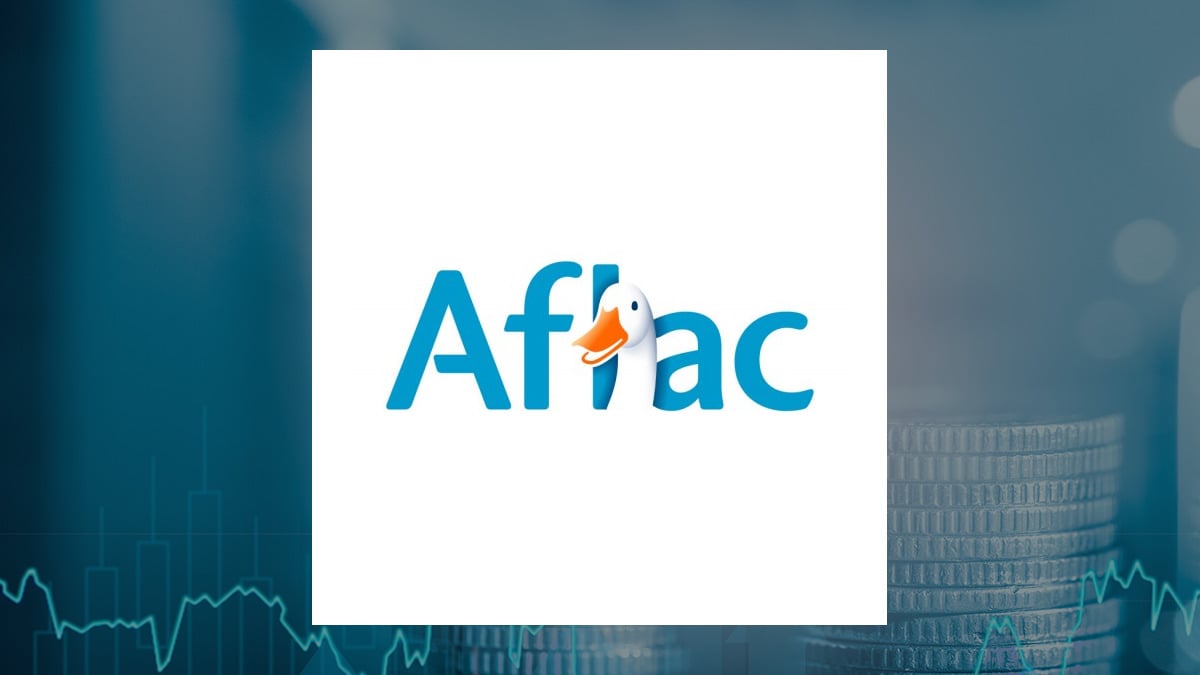EagleClaw Capital Management LLC recently made headlines by strategically reducing its stake in Aflac Incorporated, a notable move within the financial services sector that has drawn attention from market observers. This adjustment in portfolio holdings underscores the dynamic nature of institutional investment strategies, as firms continually re-evaluate their positions in publicly traded companies to optimize returns and manage risk.
According to its latest disclosure with the Securities and Exchange Commission (SEC), EagleClaw Capital Management divested 575 shares of Aflac, representing a 3.1% reduction in its holdings during the first quarter. Following this transaction, the fund now possesses 17,838 shares of the insurance giant’s stock, with its Aflac investment valued at approximately $1,983,000 as of its most recent SEC filing. This divestment reflects a nuanced approach to managing capital in the volatile investment landscape.
While EagleClaw pared down its position, other significant institutional players have demonstrated a contrasting sentiment towards Aflac shares. Brighton Jones LLC, for instance, substantially increased its holdings by 64.4% in the fourth quarter, accumulating an additional 5,708 shares to reach a total of 14,570 shares valued at $1,507,000. Similarly, National Bank of Canada FI augmented its stake by 0.9%, now holding 348,998 shares worth an impressive $36,111,000, signaling continued confidence in the financial services provider.
Further emphasizing diverse institutional perspectives, OneAscent Financial Services LLC expanded its Aflac holdings by 16.1% in the fourth quarter, acquiring 326 more shares to reach 2,349 shares valued at $243,000. World Investment Advisors also grew its stake by 28.4%, adding 1,507 shares to own 6,817 shares worth $705,000. Motley Fool Asset Management LLC similarly increased its position by 12.9%, purchasing 2,910 additional shares, bringing its total to 25,451 shares valued at $2,633,000. These varied movements highlight the complexity of investment management decisions.
Collectively, these activities contribute to a substantial institutional presence within Aflac’s ownership structure. Current data reveals that 67.44% of Aflac’s outstanding stock is held by institutional investors. This high percentage signifies strong belief from major funds and highlights Aflac’s standing as a significant asset within numerous diverse portfolios.
Beyond institutional shifts, insider trading activity also offers valuable insights into Aflac’s stock performance. Director Joseph L. Moskowitz executed a sale of 1,000 shares on May 8th at an average price of $106.79, totaling $106,790.00. This transaction resulted in a 3.69% decrease in his direct ownership, leaving him with 26,096 shares. Another director sold 2,750 shares on May 15th at $105.70, yielding $290,675.00, and significantly reducing their direct ownership by 29.01% to 6,728 shares.
Over the past three months, Aflac has seen a total of 40,750 shares sold by insiders, amounting to approximately $4,304,295. This volume of insider sales represents a small but notable 0.90% of the stock currently held by corporate insiders. Such insider transactions, though not always indicative of future performance, are closely monitored by the investment community for potential signals regarding company outlook.
Aflac’s recent quarterly earnings report, issued on April 30th, revealed that the financial services provider reported earnings per share (EPS) of $1.66, narrowly missing analysts’ consensus estimates of $1.67. The firm’s revenue for the quarter stood at $3.40 billion, falling short of the $4.53 billion anticipated by analysts. This represented a substantial 37.5% year-over-year decrease in revenue. Despite this, Aflac maintained a robust return on equity of 15.55% and a net margin of 21.27%, with analysts projecting an EPS of 6.88 for the current fiscal year.
Analyst sentiment on Aflac shares presents a mixed picture, with a consensus “Hold” rating and an average price target of $108.15. Barclays initiated coverage with an “underweight” rating and a $98.00 price target. Morgan Stanley and Keefe, Bruyette & Woods both raised their price objectives, to $105.00 and $106.00 respectively, with “equal weight” and “market perform” ratings. Conversely, Raymond James Financial slightly reduced its price objective to $110.00 while maintaining an “outperform” rating, reflecting the diverse expert opinions on the investment prospects of the financial services provider.






Leave a Reply